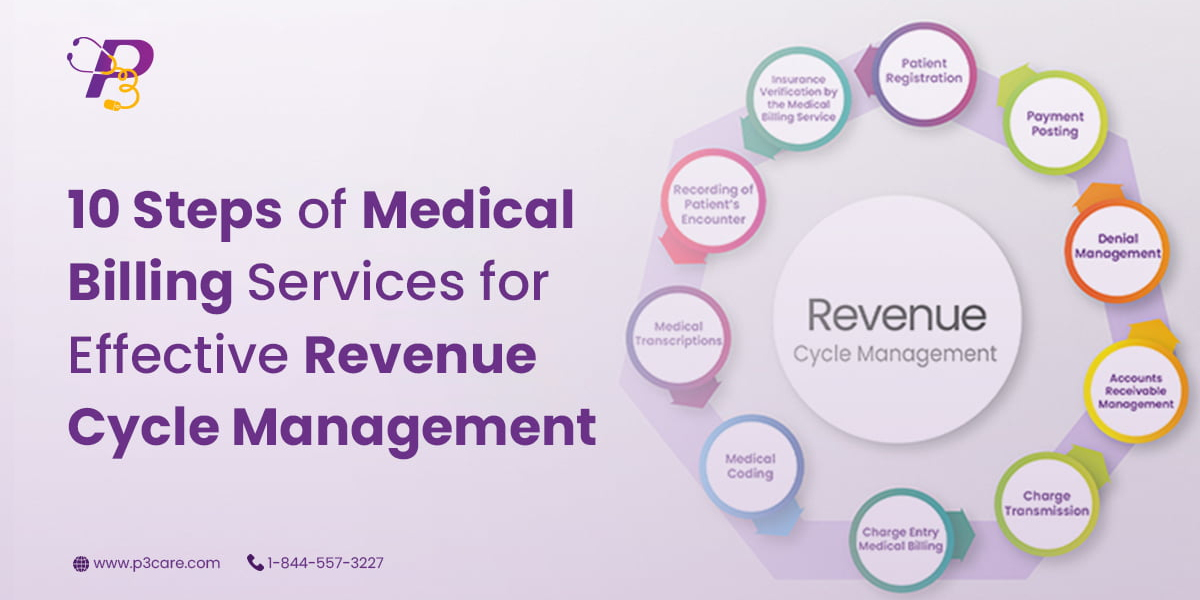In the complex world of healthcare, efficient financial management is crucial for the sustainability of medical practices and facilities. Among the pivotal players in this ecosystem are medical billing agencies. These organizations specialize in managing the billing and revenue cycle processes for healthcare providers, ensuring that they receive timely payments for the services rendered. This article delves into the role of medical billing agencies, their functions, benefits, and how they can help healthcare providers navigate the intricacies of medical billing and coding.
What Are Medical Billing Agencies?
Medical billing agencies are third-party service providers that handle the billing process for healthcare providers. They are tasked with converting healthcare services rendered into a billable format, submitting claims to insurance companies, following up on unpaid claims, and managing the accounts receivable process. Their primary goal is to ensure that healthcare providers receive accurate and timely payments, allowing them to focus on patient care rather than administrative tasks.
The Importance of Medical Billing Agencies
The healthcare industry is characterized by a myriad of regulations, coding systems, and billing practices. For many healthcare providers, particularly small practices and clinics, navigating these complexities can be overwhelming. This is where medical billing agencies come into play. They provide several vital services that help healthcare providers maintain their financial health:
Expertise in Medical Coding: Medical billing agencies employ certified coders who are knowledgeable about the latest coding standards, such as ICD-10, CPT, and HCPCS codes. This expertise minimizes coding errors, which can lead to claim denials and delayed payments.
Claims Submission and Follow-Up: After coding the services provided, medical billing agencies submit claims to insurance companies on behalf of healthcare providers. They also handle follow-ups on unpaid claims, ensuring that any issues are resolved promptly.
Revenue Cycle Management: Beyond just billing, medical billing agencies often provide comprehensive revenue cycle management (RCM) services. This includes tracking patient payments, managing accounts receivable, and providing analytics to help healthcare providers improve their financial performance.
Compliance and Regulation Management: Healthcare billing is subject to various laws and regulations, such as HIPAA and the Affordable Care Act. Medical billing agencies help ensure compliance with these regulations, reducing the risk of audits and penalties.
Cost Efficiency: By outsourcing billing tasks to medical billing agencies, healthcare providers can reduce overhead costs associated with hiring and training in-house billing staff. This allows them to allocate resources more effectively.
How Medical Billing Agencies Operate
The operation of medical billing agencies can be broken down into several key steps:
Patient Information Collection: Medical billing agencies begin by collecting essential patient information, including demographics, insurance details, and medical history. This data is crucial for accurate billing.
Coding Services: Once the services provided to the patient are documented, the agency's coding specialists assign the appropriate codes based on the diagnoses and procedures performed.
Claim Submission: After coding, the agency prepares and submits claims to the respective insurance companies. They ensure that all required information is included to facilitate smooth processing.
Payment Posting: Once payments are received from insurance companies or patients, medical billing agencies post these payments to the appropriate accounts. They track any discrepancies and follow up as needed.
Accounts Receivable Management: The agency monitors outstanding accounts receivable and takes necessary actions to collect payments, including sending reminders and following up with patients and insurance companies.
Reporting and Analytics: Many medical billing agencies provide healthcare providers with regular reports on billing performance, identifying trends, and offering insights to enhance revenue cycle management.
Benefits of Using Medical Billing Agencies
The advantages of partnering with medical billing agencies are manifold:
Increased Revenue: By reducing claim denials and improving collections, medical billing agencies can help healthcare providers increase their revenue. Their expertise in coding and billing practices often leads to more efficient and effective claim submissions.
Focus on Patient Care: Outsourcing billing tasks allows healthcare providers to concentrate on their core mission: delivering high-quality patient care. They can allocate more time to patients instead of administrative work.
Scalability: As healthcare practices grow, their billing needs can become more complex. Medical billing agencies can easily scale their services to meet the changing demands of their clients, ensuring that billing processes remain efficient.
Access to Advanced Technology: Many medical billing agencies utilize state-of-the-art software for billing and revenue cycle management. This technology can enhance accuracy, improve efficiency, and provide valuable insights through data analytics.
Reduced Administrative Burden: Managing billing in-house can be labor-intensive. Medical billing agencies alleviate this burden, allowing healthcare providers to streamline operations and reduce overhead costs.
Choosing the Right Medical Billing Agency
Selecting the right medical billing agency is crucial for healthcare providers. Here are several factors to consider:
Experience and Expertise: Look for an agency with a proven track record in your specific area of healthcare. Their expertise in your specialty can greatly influence billing success.
Technology and Tools: Inquire about the technology used by the agency for billing and RCM. Advanced systems can lead to better efficiency and accuracy.
Transparency and Reporting: Choose an agency that offers transparent reporting and analytics. Regular updates on billing performance can help you understand your financial health.
Compliance Knowledge: Ensure that the agency is knowledgeable about healthcare regulations and compliance standards. This will help safeguard your practice against potential audits and penalties.
Customer Support: Evaluate the level of customer support provided by the agency. Open communication and support can significantly enhance the partnership.
Conclusion
In today’s ever-evolving healthcare landscape, medical billing agencies play an indispensable role in ensuring that healthcare providers receive timely and accurate payments. By leveraging their expertise in medical coding, claims submission, and revenue cycle management, these agencies help healthcare practices enhance their financial performance while allowing them to focus on what matters most: providing quality care to patients. As healthcare continues to grow in complexity, the partnership with a reliable medical billing agency becomes increasingly essential for success.









